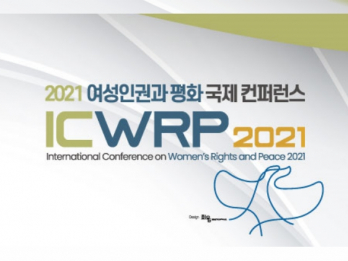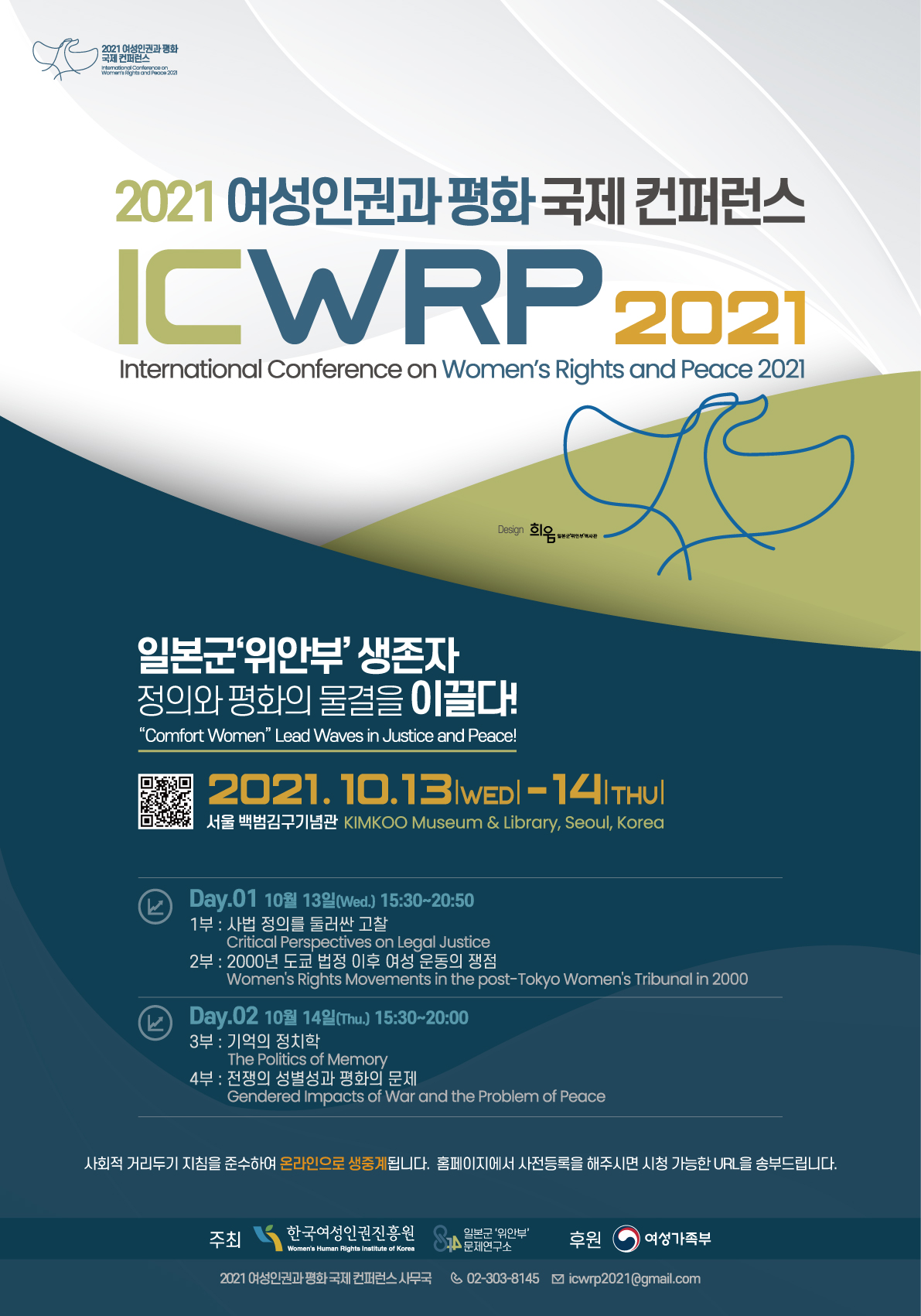I sense violence in attaching the possessive case to experience and setting it as “00’s testimony.” If the domain of movement or performance, including thoughts and feelings, is called experience, what kind of words experience wears as if putting on clothes is a matter to be considered with extreme caution. The question arises as to whether it is ever possible in the first place to say something after the subject of “00’s.”
The setting of “00’s testimony” is a sort of order to include all moves and behaviors to the subject of 00. At the same time, it means excluding the above question and eliminating the possibility of a new world that might be triggered by movement and action. Wouldn’t it be genuine violence?
With regard to the scene of interrogating Antigone over forbidden love to get her to plead guilty, Judith Butler argued that “the only way an agent accords with an act is to linguistically assert a connection between the act and the agent.” In this argument, she analyzes the order of which words to approve as words and which words to exclude in advance is activated.[1] In addition, the order that excludes perlocution in advance is the result of a joint crime committed by the law and the heternormative kinship structure.
However, Antigone, who takes the witness stand, rejects the contention till the end. This experience of being exposed to interrogation while denying guilty is “likely to stick to someone at any time.”[2] Refusing to attach her own possessive case to experience, Antigone is buried alive. Here, violence on testimony is tantamount to vivisepulture.
The argument that Butler presents involves a leap of logic to accept the act of her own accord. However, as long as the argument already has an order, the situation that should start from the leap is stopped by the judge as quickly as it started: it ends up being buried alive. The important thing here is not whether Antigone is a sinner or whether she should be saved: what is needed in connection with testimony is not to make a claim; what we should consider from experience, including the possibility of a leap to accept it for ourselves, is the appearance of words.
In an argument, the subject is prepared in advance. To put it another way, a pre-arranged subject is attached to a movement or an action to be asserted, and mentioned as “00’s experience.” Since “I” am already preempted in this subject, it takes a form like the waiting assertion overtakes “I.”
In “Black Skin, White Masks,” Franz Fanon resists these claims and depicts the process of finding language through “the lived-experience of the black man.”[3] However, what happens in this process is not limited to the recovery of the subject “I”; Every move is expressed in the argument of “blackness.” Fanon calls this issue the “third-person consciousness.” All actions are placed under the possessive case of the third person. This third person is naturalized as an immutable attribute. Also, science is sometimes used in this naturalizing cognition. And this nature is also “my” body.
My body resists naturalization and “makes myself an object.”[4] That’s where the discussion starts. Experience is not possessed, but spawns as plural experiences. The question, not restricted to my own concern or someone else’s, arises.
This multifocal expansion should continue as a process. Fanon pursues this connection with the prayer at the end of the book, “O my body, make of me always a man who questions!” From the beginning, “I” am declared at this point, and experience is not the possessive case of the subject, whether singular or plural. It sticks to someone, and it is not just anyone’s. It works as a force to renew a new relationship while shouldering spawning and pluralization.
It’s not the kind of problem that can be addressed by replacing “nigger” with another expression. In addition, Assigning the subject a cubic effect by making it plural isn’t what’s important; the argument proceeds here. In experience, the point is not the possessive case, but the power to create a new relationship. In other words, it is not ‘we’ that the common item creates, but ‘we’ embracing difficulties that cannot be covered by the common item are created.
More than 30 years ago, Donna Haraway attempted to secure the starting point toward such ‘we’ through “situated knowledge.” The objectivity or science that Haraway struggled with is the knowledge that bears claims surrounding experience, third-person consciousness, and naturalizing thinking. The question of how to detach the body from naturalization directs Haraway to a place called “situation.” It is at this point that Haraway seeks to reset the word, that is, knowledge. Although her style of writing is completely different from Fanon’s, Haraway’s “situated knowledge” is also a work of finding a starting point while resisting linguistic assertions.
The place Haraway is headed for is a limited world, and its character is “partial.” This is where words based on “partial sight” or “limited voice” emerge. It would be these words that drape over the body as if it were a garment. However, it is not a part of the whole in the dichotomous structure of “wholes versus parts.”
It is not a collective category, but a movement and a motion. “The partiality we seek is not partiality for its own sake but, rather, for the sake of the connections and unexpected openings situated knowledge make possible.”[5] Each place is the venue of beginning and situated within a dynamic appearance. Resisting an argument is not to explain multiple categories, but to try to secure their dynamics.
When experience is expressed in words, the point is not in a type of speech in general, but in a situation and a beginning that are created with words and ensuing relationships. As long as such things happen in the competition between existing situations and relationships, words are situational, not a type. Words take multiple forms in individual relationships, including those that are not approved as words. This is exactly what the appearance of words means.
To speak is to become a being who bears a part of this beginning. Experience is not someone’s possession, nor is it subject to commentary. The meaning that experience is a movement and the creation of a situation or a relationship indicates that “I” seeking to put it into words am also a being taking on a part of a new relationship in the movement. This is the attitude pursuing to acquire “situated knowledge” together, that is, knowing.[6]
• The International Conference On Women’s Rights And Peace 2021 >> https://icwrp.com/
Japanese Korean Translation: Jeong Yujin (Chief Director of the Research Institute on Japanese Military Sexual Slavery, Women’s Human Rights Institute of Korea)
Footnotes
- ^ ジュディス・バトラー『アンティゴネーの主張』竹村和子訳、青土社、2002年、25頁。
- ^ The same as 1)、25頁。
- ^ フランツ・ファノン『黒い皮膚・白い仮面』海老坂武・加藤晴久訳、みすず書房、1970年。
- ^ The same as 3)、79頁。
- ^ ダナ・ハラウェイ『猿と女とサイボーグ(新装版)』高橋さきの訳、青土社、2017年、377頁。
- ^ Translator’s note, Ichiro Tomiyama / Translated by Sim Jeong-myeong, “Knowledge of Beginnings - Frantz Fanon’s clinical study (Moonji, 2020),” See the introduction.
Related contents
-

- “평화는 집단의 노력이다”!? - 〈2021 여성인권과 평화 국제컨퍼런스〉를 열며
-
여성문제이면서 민족 문제인 ‘위안부’ 이슈는 외교 관계를 통해 ‘해결’되어야할 사안이 아니라 더욱 적극적인 숙의(熟議) 과정을 통해 “집단의 노력”을 촉구하는 방향으로 나아가야 할 진행형의 과제이다.
- Writer Ichiro Tomiyama(冨山一郎)
-
Professor of Global Studies at Doshisha University
He is the author of “Senjō no kioku (Yeesan, 2002),” “Premonition of violence (Greenbee, 2009),” “The Thought of Cohesion - the Genealogy of Okinawa Problem and a New Method of Thinking (Geulhangari, 2015),” “Knowledge of Beginnings - Frantz Fanon’s clinical study (Moonji, 2020),” and co-authored “East Asian Cold War Culture (Somyong, 2017),” etc.
